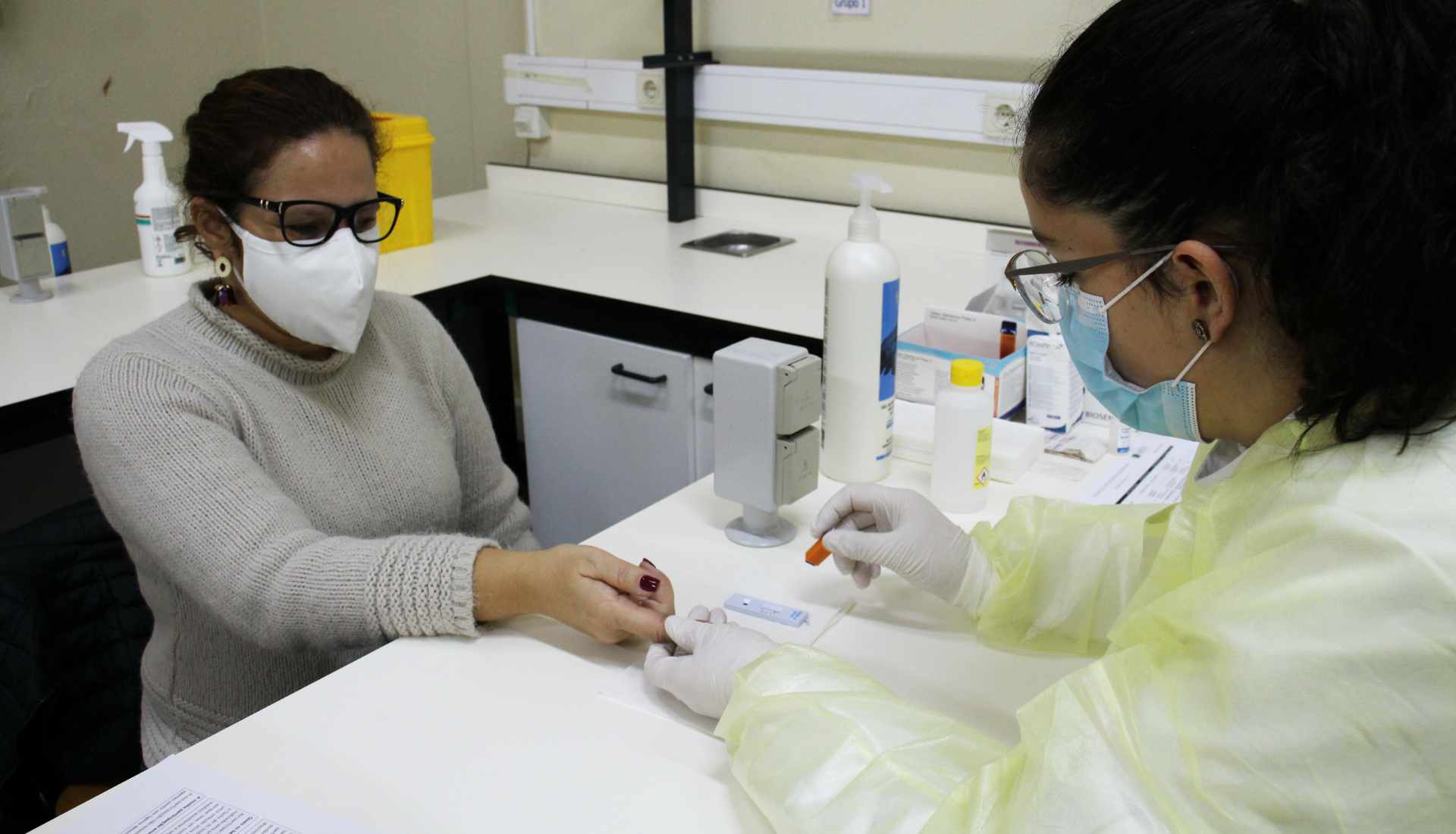Astudy by the Insituto de Saúde Pública da Universidade do Porto (ISPUP) assessed the impact of the COVID-19 pandemic on the mental health of a group of citizens of legal age who were residents in Portugal.
The preliminary results of the research concluded that, of the 929 people participating in the study, 26.9% showed symptoms of anxiety, 7% of depression and 20.4% showed symptoms of both disorders, especially after the beginning of the pandemic.
It was concluded that younger people (aged between 18 and 39 years old), women, better educated citizens and those who were in a situation of food insecurity, that is, who had difficulties in accessing nutritionally adequate and safe food on a daily basis, due to economic issues, showed an increased risk of having anxiety symptoms.
The research, developed by ISPUP researcher Ana Aguiar and published in the Journal of Affective Disorders Reports, collected information between November 2020 and February 2021 through an online questionnaire with snowball sampling.
The majority of respondents were women (70.9% of the sample) with a higher education level (75.4%). More than half (61.3%) were aged between 18 and 39 years and most indicated living in the Northern region of the country (63.5%). 56% were single and 43.6% married.
It was found that 7.9% of the individuals who participated in the study had become unemployed since the COVID-19 pandemic started and that 6.8% were in a situation of food insecurity, that is, they could not, for economic reasons, access nutritionally adequate and safe food for daily eating.
Further, of the participants who were smokers (22.2%), 33.5% reported having increased the number of cigarettes consumed per day since the start of the pandemic and, of the 149 respondents who indicated taking anxiolytics and/or antidepressants, 15.4% revealed having started taking them after the emergence of the COVID-19 pandemic.
The research, part of the ISPUP researcher’s PhD project in Public Health, reveals that a quarter of the sample (26.9%) presented anxiety symptoms and that 23.1% developed anxiety symptoms, but at a moderate level. 7% of the respondents presented symptoms of depression and 17% manifested a framework of symptoms of depression at a moderate level.
The authors found that younger individuals, women, more educated citizens, people who were and remained employed and those who considered their household income as insufficient or who needed to be more careful about expenses, developed more anxiety symptoms.
For Ana Aguiar, one of the possible reasons for having found more anxiety symptoms among younger and more educated women may be due to the fact that “this age group is more worried about the future consequences and the huge economic challenges caused by the pandemic. Moreover, this age group corresponds to a workforce that is active and essential in society and therefore most affected by closures and redundancies. Being more educated, they are also more aware of the harmful consequences of the pandemic”.
The researcher also points to the high accessibility of the information present in social media as one of the reasons that may explain the high levels of anxiety felt among younger people, something that has been demonstrated in previous public health emergencies.
With regard to symptoms of depression, the results reveal a slightly distinct pattern, with no differences by gender, age or education level.
The vast majority of participants (521 which is equivalent to 73.3%) related the worsening of depression and anxiety symptoms with the pandemic. Of the people who associated the existence of symptoms with the pandemic, 184 had anxiety symptoms, 5 people manifested symptoms of depression and 33 symptoms of both disorders.
For Ana Aguiar, the results of this study reinforce the need for investment in the area of mental health.
“With this article, we conclude that the COVID-19 pandemic can affect the mental health of different subpopulations, such as those aged between 19 and 39 years and those with a higher education level. Therefore, in the current crisis, it becomes essential to identify who are the individuals most prone to develop psychological disorders, in the various population strata. We must talk about mental health and continue to demystify and destigmatise this field of health,” she points out.
“Our data shows the importance that should be given to this area in the current context in which we live”, she stresses. The researcher also reinforces that “in terms of public health agenda and our country, particular attention should be given to the burden of disability associated with anxiety disorders in Portugal”.
The article, entitled The other side of COVID-19: Preliminary results of a descriptive study on the COVID-19-related psychological impact and social determinants in Portugal residents, also had the participation of researchers Marta Pinto (Faculdade de Psicologia e Ciências da Educação da Universidade do Porto), Raquel Duarte (ISPUP and ITR – Laboratory for Integrative and Translational Research in Population Health) and Isabel Maia (ISPUP and ITR).
The research is part of Ana Aguiar’s PhD project, which received funding from the Foundation for Science and Technology (FCT) and the European Social Fund Program.
Image: Eric Ward/Unsplash



